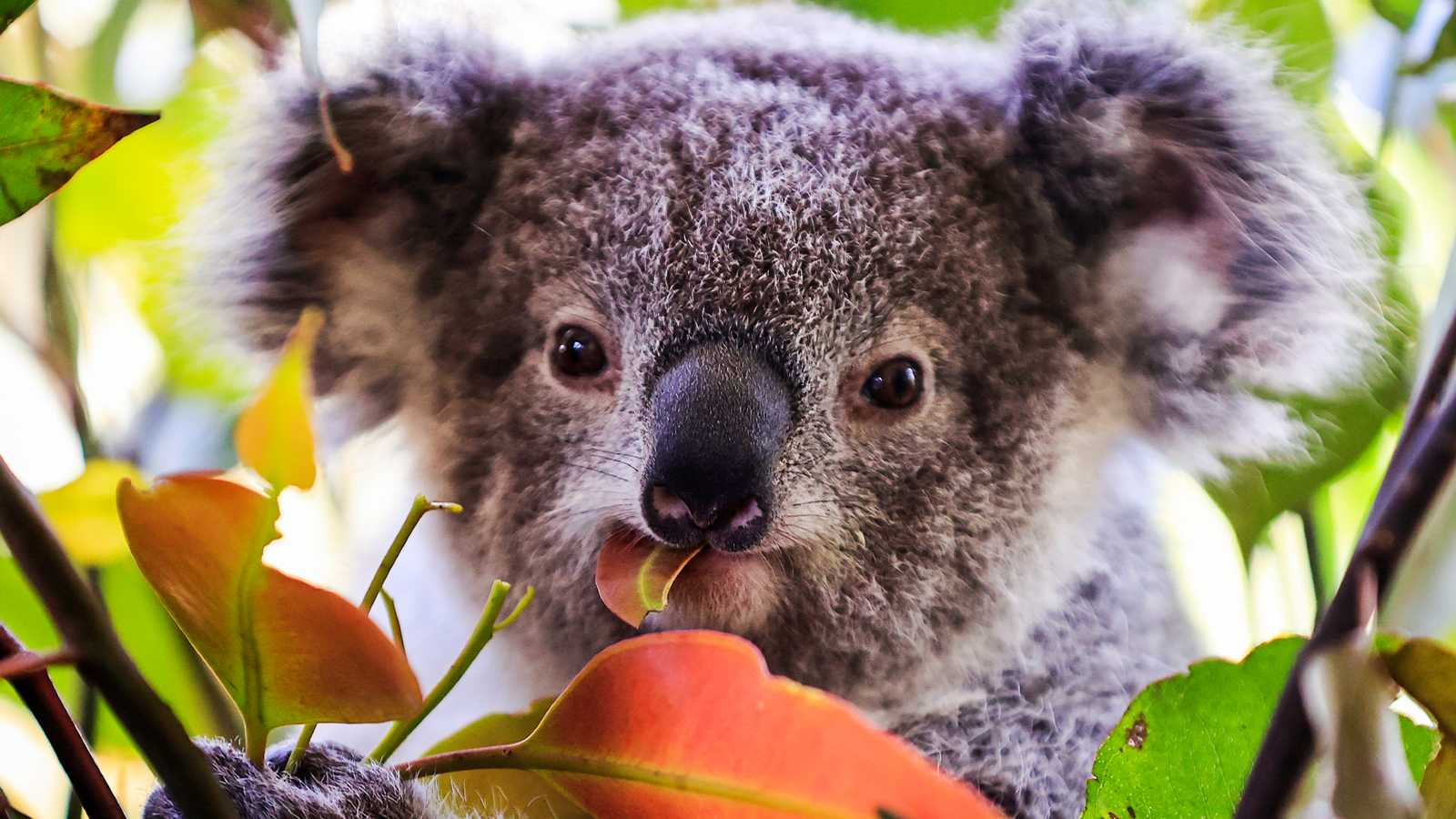The first vaccine to protect endangered koalas from chlamydia has officially been approved in Australia. The vaccine was developed by the University of the Sunshine Coast’s (UniSC) veterinary medicine division in eastern Australia and is another step towards ensuring the survival of the marsupial.
The team spent over a decade developing the vaccine to protect the animals from the disease, which can cause urinary tract infections, blindness, infertility, and in some cases, death.
“UniSC knew a single-dose vaccine–without the need for a booster–was the answer to reducing the rapid, devastating spread of this disease, which accounts for as much as half of koala deaths across wild populations,” microbiologist Peter Timms said in a statement. “Some individual wild colonies, where infection rate can be as high as 70 percent, are edging closer to extinction every day.”
The koala chlamydia epidemic
Chlamyida has been spreading in populations of the marsupial since the 1990s. Koalas along the east and southeast Australian coasts have been particularly affected, with some populations having infection rates of up to 100 percent. Some estimates put chlamydia death rates at 50 percent. With roughly 50,000 to 80,000 koalas in the wild, there are fears that they could go extinct in some parts of Australia within a generation.
The marsupials are infected by a different strain of the disease than humans. It is typically transmitted by close contact or mating and both male and females can contract it. Baby koalas, or joeys, can also catch the disease by feeding in their mother’s pouch.
While treatments are available via antibiotics, they can be deadly. The antibiotics can destroy gut bacteria. Without this gut bacteria, it is difficult or impossible for the marsupials to digest their primary source of food–eucalyptus leaves. This can lead to starvation and death in some cases. Antibiotics also do not prevent future infection the way vaccines can.
Road to a jab
The team used over 10 years of clinical data from various vaccine trials to come up with this single shot solution, including a large study of wild koalas published in 2024.
“This study found it reduced the likelihood of koalas developing symptoms of chlamydia during breeding age and decreased mortality from the disease in wild populations by at least 65 percent,” added Sam Phillips, a UniSC molecular microbiologist who led the field study. “The vaccine has been trialled on hundreds of wild koalas, others in captivity and wildlife hospitals, and over multiple generations.”
[ Related: Wild koalas are getting vaccinated against chlamydia. ]
The vaccine itself is based on the Chlamydia pecorum’s major outer membrane protein (MOMP) and three crucial levels of protection. It reduces infection, prevents its progression to clinical disease (when an illness has recognizable signs and symptoms), and can reverse existing symptoms in some cases.
Developing the vaccine was also a global effort. It uses an ingredient that helps create a stronger immune response called an adjuvant that was originally developed by Canada’s University of Saskatchewan’s Vaccine and Infectious Disease Organization, the International Vaccine Institute, the University of British Columbia, and Dalhousie University, with funding from the Bill and Melinda Gates Foundation. The Morris Animal Foundation, Rane Pharma, Canada and global animal health company Ceva Santé Animale also contributed.
Australia Zoo Wildlife Hospital, owned by the family of the late “Crocodile Hunter” Steve Irwin, also contributed to the vaccine trials.
“These trials involved vaccinating koalas in real-world conditions, enabling researchers to gather valuable data on the vaccine’s potential benefits,” said conservationist Terri Irwin. “This partnership has enabled us to combine scientific research with compassionate care by helping sick and injured koalas, while also raising awareness of the broader threats they face in the wild, including habitat loss. Together, we are turning the tide for koalas, and Wildlife Warriors is proud to be part of this important work in wildlife conservation.”
Next steps
While the vaccine is exciting, the other factors driving koalas to extinction must be addressed. Habitat loss due to climate change, wildfires, and human encroachment are their primary threats.
The team hopes to provide the vaccine free of charge and the roll out may begin in January 2026. Wildlife hospitals and the most at-risk populations will be the priority. Funding and major donations to ensure that the vaccine can be rolled out across Australia are also needed.
“We are also continuing to refine the product and conduct ongoing research to ensure the vaccine’s long-term success,” said Timms.
The post First koala chlamydia vaccine approved appeared first on Popular Science.
